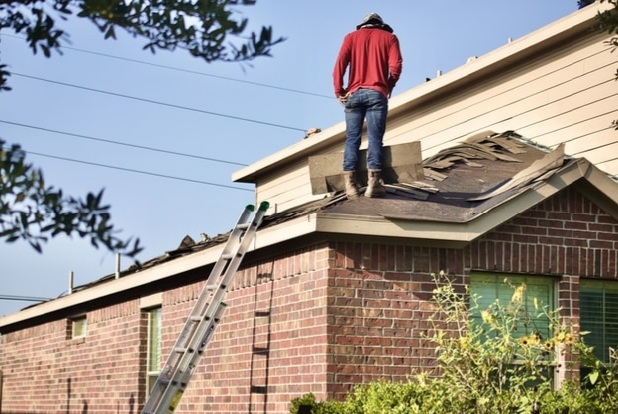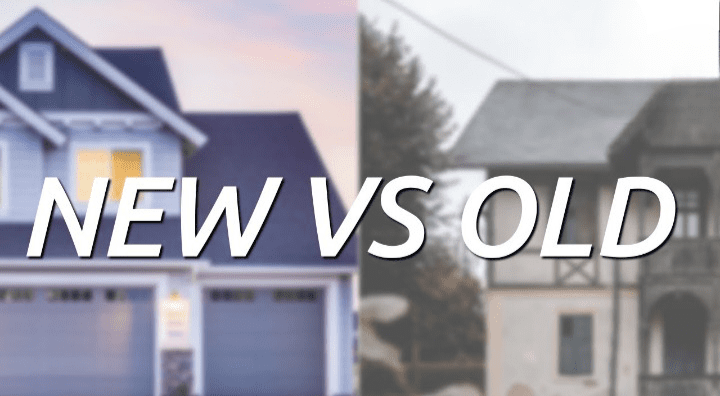Lake Properties Lake Properties
Lake Properties Lake PropertiesThe Importance of Professional Photos When Selling Your House in Cape Town
If you are selling a house in Cape Town, professional photography is not optional—it is essential. Buyers today start their property search online, and your listing photos are the first (and sometimes only) chance to make an impression. In a competitive Cape Town property market, poor-quality images can cost you time, money, and serious buyers.
First Impressions Start Online
Most buyers decide within seconds whether to click on a property listing. Dark rooms, skew angles, or cellphone photos immediately turn buyers off. Even a well-located home in a good neighbourhood can be overlooked if the photos fail to showcase it properly.
Professional property photos create an immediate sense of value and credibility. They make buyers stop scrolling and start imagining themselves living in the home.
Cape Town Buyers Buy Lifestyle, Not Just Property
Cape Town real estate is heavily lifestyle-driven. Buyers are looking for light-filled interiors, mountain or sea views, outdoor entertainment areas, and flow between indoor and outdoor spaces. A professional photographer understands how to capture:
- Natural light at the right time of day
- Views without distortion
- Space and flow accurately
- Architectural features and finishes
This is especially important when marketing homes in areas like the Southern Suburbs, Northern Suburbs, Atlantic Seaboard, and False Bay coastline.
Professional Photos Attract More Buyers
Listings with high-quality photos consistently generate:
- More online views
- More enquiries
- More show days and private viewings
More buyer interest means stronger demand. Strong demand leads to better offers and often a quicker sale. Homes with poor photos tend to sit on the market longer and attract lowball offers.
Photos Influence Perceived Value
Buyers subconsciously judge price through presentation. If a home looks poorly photographed, buyers assume something is wrong—either the property is overpriced or the seller is hiding issues. This weakens your negotiating position before negotiations even begin.
Professional photos support your asking price and help justify value in the buyer’s mind.
Faster Sales, Fewer Time Wasters
Accurate, high-quality images give buyers a clear understanding of the property upfront. This filters out casual browsers and attracts serious, qualified buyers. The result is fewer wasted viewings and more productive showings.
In a market where “days on market” can affect buyer perception, speed matters.
Professional Photography Is a Smart Investment
The cost of professional real estate photography is small compared to:
- Price reductions caused by poor marketing
- Extended bond and holding costs
- Lost negotiating power
Trying to save money on photos often costs far more in the final sale price.
Lake Properties Pro-Tip:
In the Cape Town property market, presentation directly impacts price. At Lake Properties, we treat professional photography as a core part of our marketing strategy—not an add-on. When your home looks its best online, it attracts the right buyers, sells faster, and protects your property’s value.
Call to Action
Ready to explore the best investment opportunities in Cape Town?
Contact Lake Properties today and let our experts guide you to your ideal property.
If you know of anyone who is thinking of selling or buying property,please call me
Russell
Lake Properties
ww.lakeproperties.co.za
info@lakeproperties.co.za
083 624 7129




















